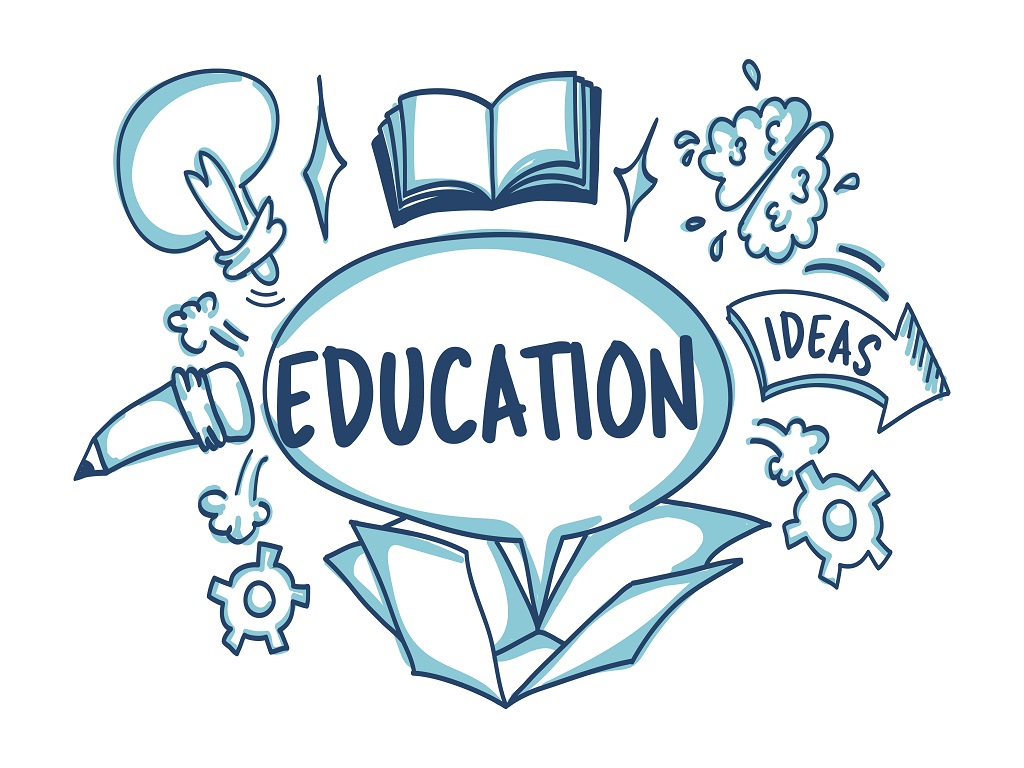
ABSTRACT: Education is the basic need of all individuals, irrespective of class, religion and nativity. Education ushers in humbleness and provides a platform for communication. Communication is a key to share ones views or ideas. In India, we have school education, higher education, professional education, management education, technical education, medical education and legal education. In all types of education, the output is the marks provided to the students. How the students utilise their education is not a paramount consideration. Thus in all types of education, there are a specified number of subjects for the students and they need to clear the examinations in those subjects. It is not just learning the subject, but the ability to communicate. Reading(R), Listening (L), Writing (W) and Speaking(S) forms the desideratum for all types of education. A student can be a wizard in solving technical issues or in software development. But it is of no use, if he/she is unable to communicate and understand the views of others. Education should mould the students to improve their linguistic ability and critical thinking. It is a misnomer that linguistic ability is confined to the domain of Arts and Languages alone. The application of linguistics is manifold and linguistic ability forms the basis of individual’s RLWS. In our country, education is imparted thorough direct and distance mode. In both these modes of education, students should develop their linguistic ability in order to move ahead in their career. Our existing curriculum does not provide impetus to linguistic ability and hence, students find themselves neglected without job opportunities. The authors have studied the role of education and learning methodologies from a linguistic viewpoint in order to pave way for futuristic approach towards education. The authors have adopted a combination of descriptive and exploratory research methodology for their work.
Keywords: Communicate, Education and Learning, Critical thinking, Linguistic ability
